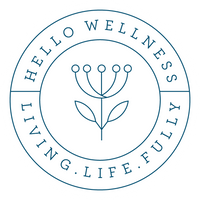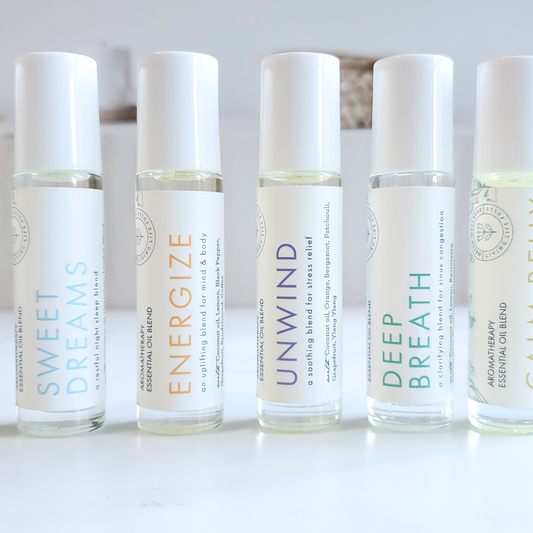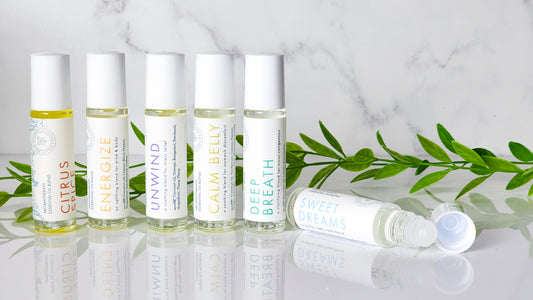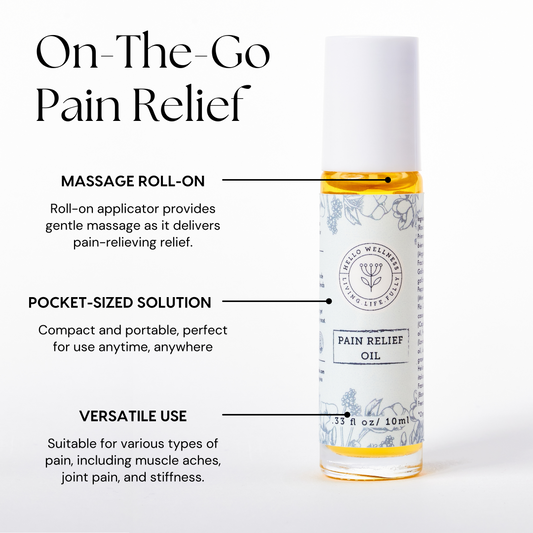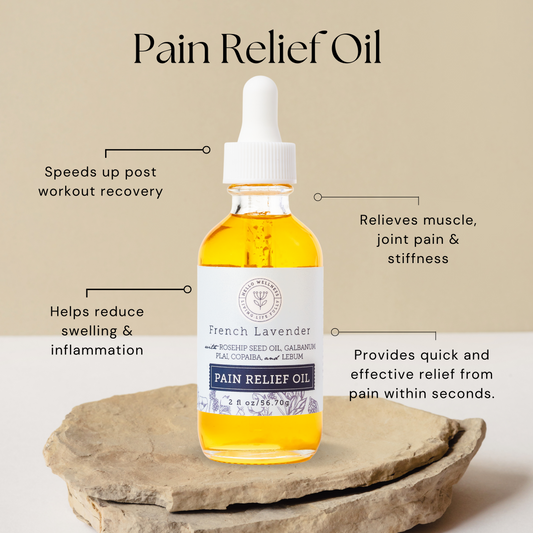Wellness
Aromatherapy: The Hidden Value of Nature's Fragrant Healing
By Aquib Sylvester on Sep 16, 2024

In a world filled with synthetic solutions, aromatherapy emerges as a natural beacon of wellness, offering a sensory journey that transcends mere fragrance.
If you can picture yourself in a field of lavender, the purple blossoms swaying gently in the breeze, their calming aroma enveloping you. Aromatherapy harnesses these natural essences, distilling them into potent oils that carry the very life force of the plants from which they're derived. This ancient practice, far more than just a pleasant scent, is a powerful ally in our quest for holistic well-being.
What is Aromatherapy
At its core, aromatherapy is the art and science of using these aromatic plant extracts and essential oils to promote physical, emotional, and spiritual health. It's a practice that speaks to our most primal sense—smell—and in doing so, unlocks a treasure trove of health benefits that modern science is only beginning to fully understand. These potent essences are derived from flowers, leaves, roots, and other plant parts, each carrying unique therapeutic properties.
The use of aromatic plants for healing dates back thousands of years, with ancient civilizations like Egypt, China, and India incorporating fragrant oils into their medicinal and spiritual practices. The term "aromatherapy" was coined in the 1930s by French chemist René-Maurice Gattefossé, marking the beginning of its modern resurgence.
Why Should You Use Aromatherapy
The hidden value of aromatherapy lies not just in its pleasant fragrances, but in its ability to tap into the body's own healing mechanisms. These natural elixirs work in harmony with our bodies, offering a gentle yet effective approach to health that stands in stark contrast to the often harsh synthetic solutions of modern medicine. Some hidden value of aromatherapy can include:
- Stress Reduction: In our fast-paced world, stress has become a constant companion. Aromatherapy offers a natural respite, with scents like lavender and chamomile known for their calming effects on the nervous system.
- Improved Sleep Quality: Essential oils like valerian and bergamot can help regulate sleep patterns, offering a natural alternative to synthetic sleep aids.
- Enhanced Cognitive Function: Rosemary and peppermint aromas have been shown to boost memory and concentration, providing a natural cognitive enhancer.
- Pain Management: Certain essential oils possess analgesic properties, offering relief from headaches, muscle aches, and joint pain.
- Mood Elevation: Citrus scents like lemon and orange can uplift spirits and combat symptoms of depression and anxiety.

Woman rubs aromatherapy oil between her wrists.
How to Use Aromatherapy
Aromatherapy's efficacy lies in the intricate relationship between our olfactory system and the brain. When we inhale essential oil molecules, they interact with the limbic system, the part of the brain responsible for emotions, memory, and behavior. This connection explains why certain scents can trigger powerful emotional and physiological responses.
Aromatherapy embodies the principle of holistic health, addressing the interconnectedness of mind, body, and spirit. By engaging our sense of smell, it offers a unique pathway to wellness that complements other natural healing modalities. Here are just a few ways you can incorporate aromatherapy include your daily life and routine:
- Diffusion: Use an essential oil diffuser to disperse aromatic molecules throughout your living space.
- Topical Application: Dilute essential oils with a carrier oil for massage or skincare
- Inhalation: Add a few drops of oil to a tissue or inhaler for on-the-go aromatherapy.
- Bath Time: Enhance your bathing experience by adding essential oils to your bathwater.
Products Mentioned in this Blog
Calm Bath Soak
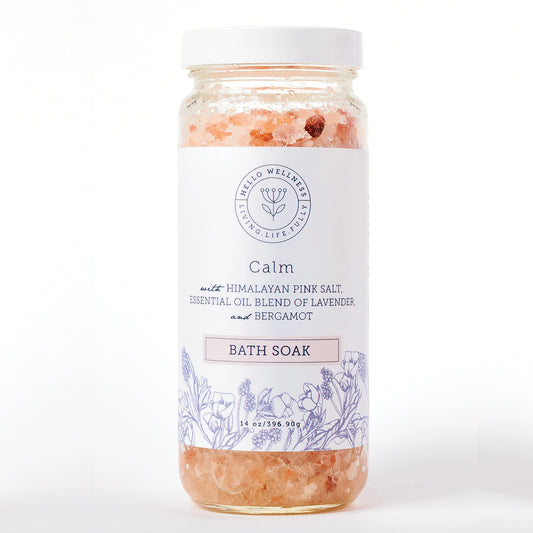



Calm Bath Soak
Regular price
$34.00
Sale price
$34.00
Regular price
$34.00
Unit price
per
Aromatherapy: Essential Oil Roll-On
Aromatherapy: Essential Oil Roll-On
Regular price
$20.00
Sale price
$20.00
Regular price
Unit price
per
Pain Relief Oil
Pain Relief Oil
Regular price
From $20.00
Sale price
From $20.00
Regular price
$20.00
Unit price
per
The Takeaway
In conclusion, aromatherapy's hidden value lies in its ability to harness nature's healing power through the simple act of inhalation. While aromatherapy offers numerous benefits, it's essential to use essential oils responsibly. Always dilute oils before topical application, and consult with a qualified aromatherapist or healthcare provider, especially if you have underlying health conditions or are pregnant.
As we continue to seek natural alternatives in our wellness journeys, aromatherapy stands out as a time-tested, sensory-rich practice that offers both immediate relief and long-term benefits. By embracing this aromatic art, we open ourselves to a world of healing that's been right under our noses all along.
Disclaimer
The information provided in this blog is for educational purposes only and is not intended as medical advice. Always consult with your doctor or a qualified healthcare provider before starting any new treatment, medication, or therapy. The strategies mentioned here should not replace professional medical consultation and treatment.
You Might Also Like
Understanding Pain: Types, Causes, and Management
Explore various strategies including medications, physical therapy, and complementary therapies such as acupuncture and mindfulness. Part 2
Read more
Demystifying Pain: Understanding the Complexities of Pain Perception
Unraveling the mysteries of pain with our comprehensive blog series. In Part 1, you'll gain insights into the nature of pain and...
Read more
